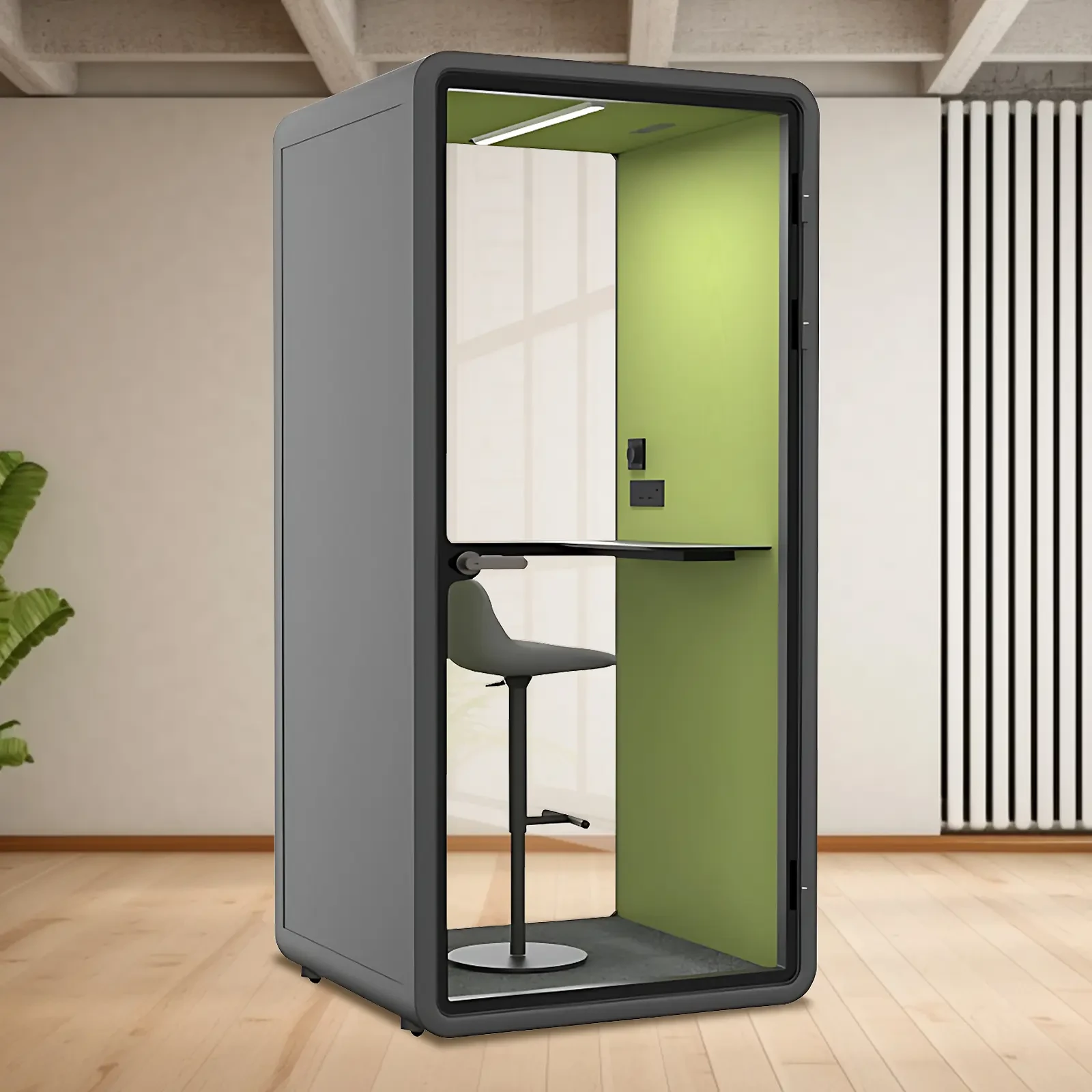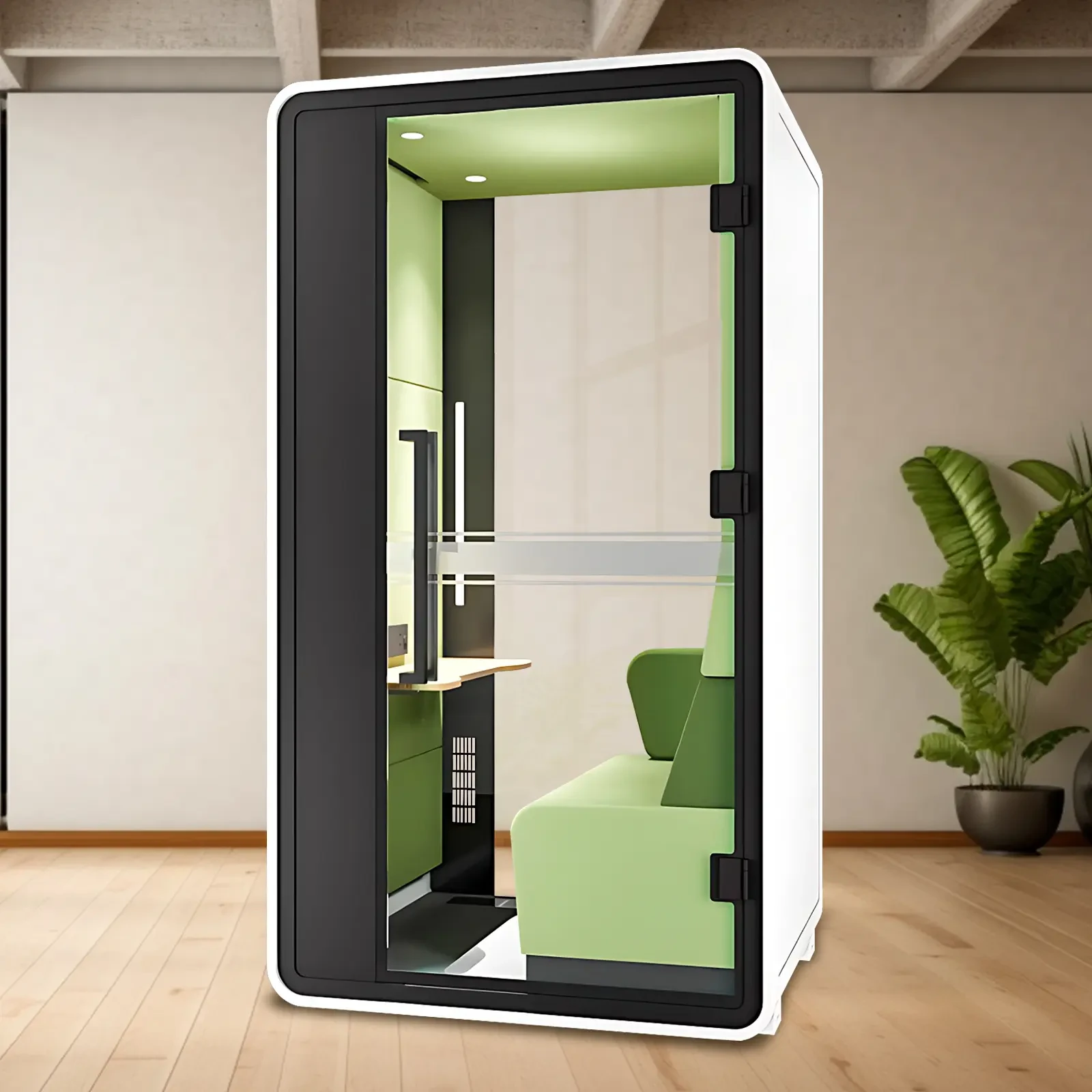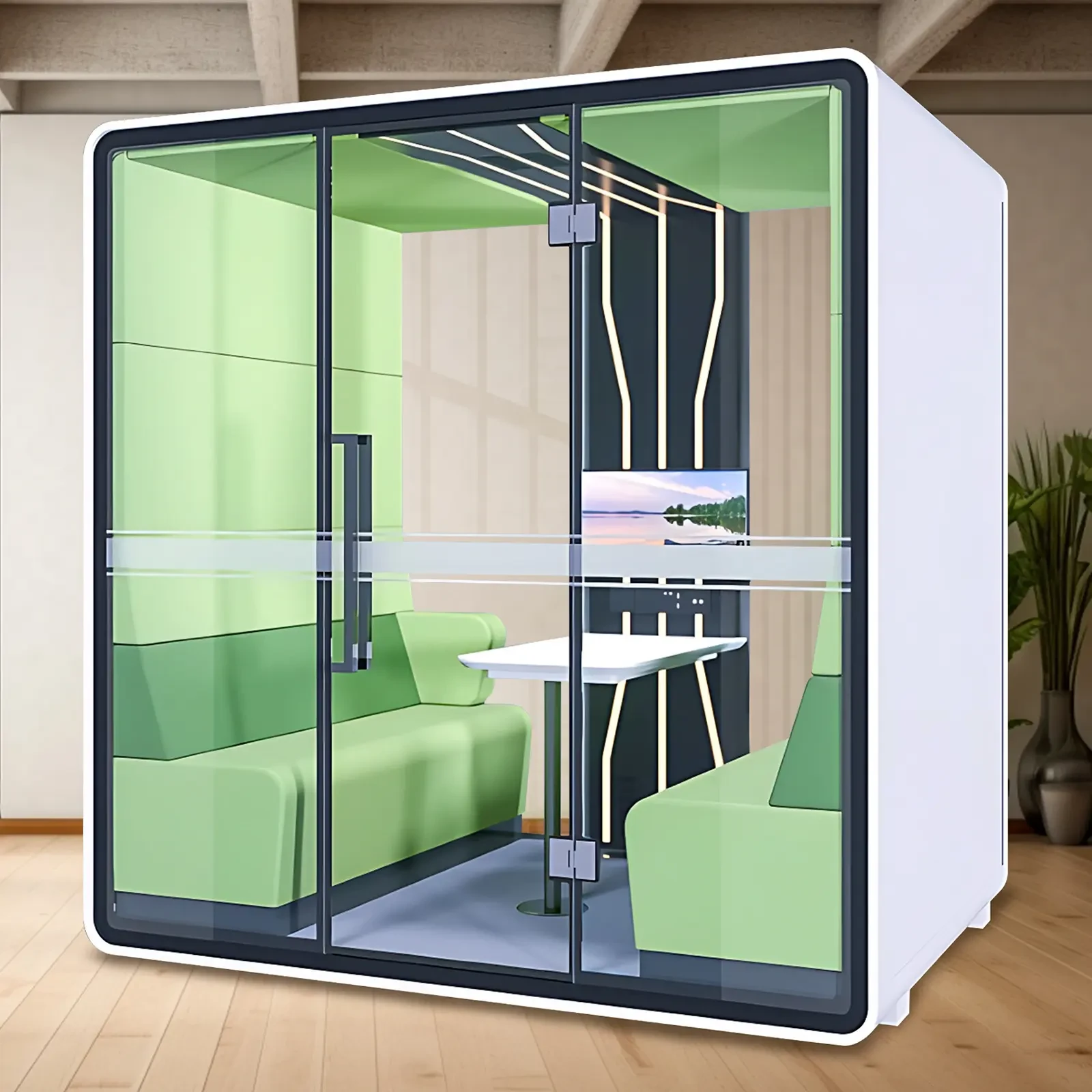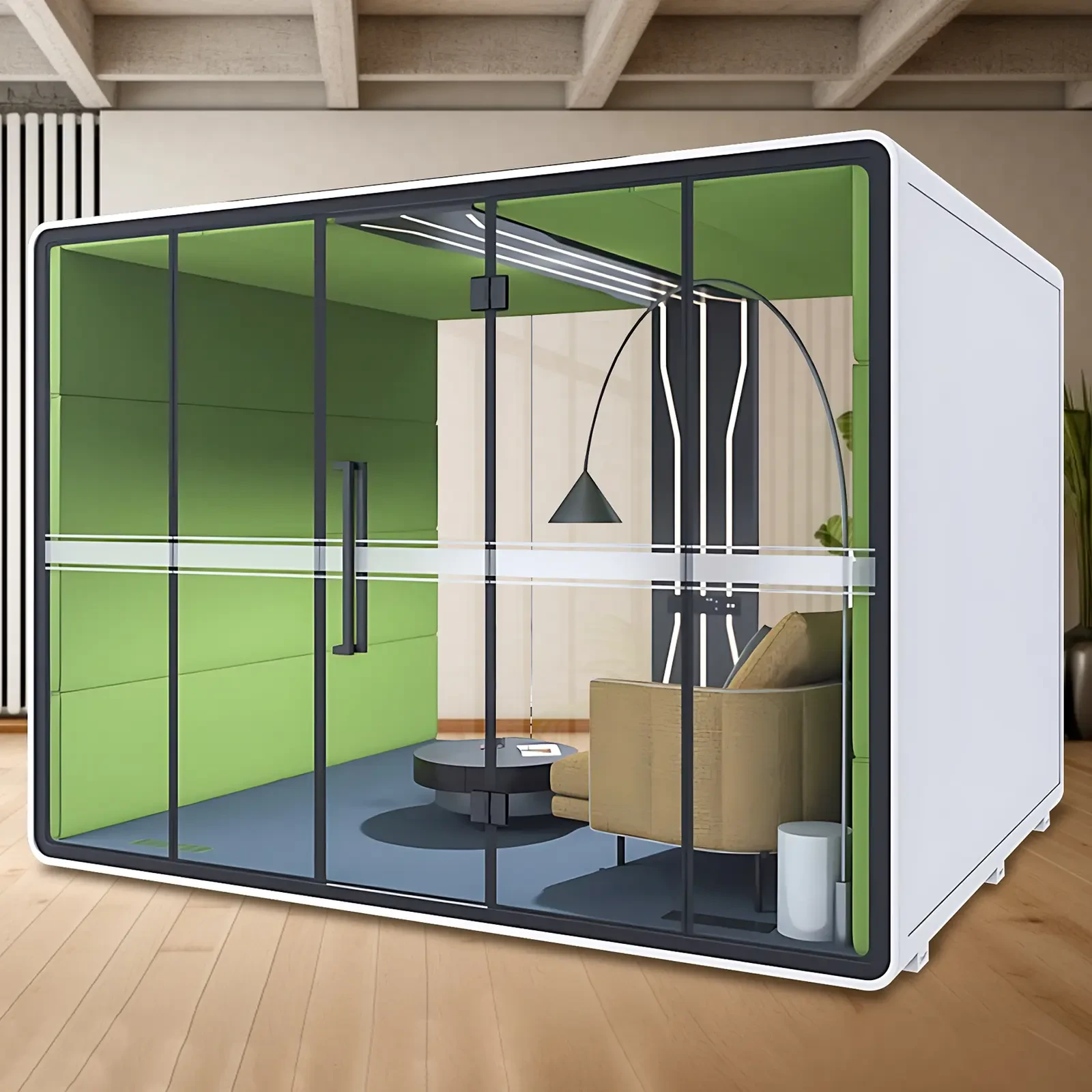What is noise? Any sound that disrupts people's rest, study, or work, or interferes with sounds they need to hear, is generally considered unwanted noise. When noise negatively impacts people and the surrounding environment, it constitutes noise pollution.
Industrial noise
Refers to the noise produced by the use of fixed equipment during industrial production activities that disrupts the surrounding living environment. This noise can be caused by the impact and friction of machinery (such as looms, ball mills, crushers, punching machines, tamping machines, and electric saws), or by air disturbances or other air currents (such as ventilators and steam turbines).
Construction noise
Refers to the noise produced during the construction process that disrupts the surrounding living environment; for example, noise from excavation, drilling, mixing, and transporting materials and components.
Transportation noise
Refers to the noise produced by the operation of motor vehicles, locomotives, motor vessels, aircraft, and other vehicles that disrupt the surrounding living environment. This includes the driving and horn sounds of cars, motorcycles, and ships, as well as the noise from trains and airplanes on railways, urban rail transit, and near airports.
Social noise
Noise refers to sounds generated by human activities that disrupt the surrounding living environment, excluding industrial noise, construction noise, and transportation noise. This includes noise from household appliances, renovations, commercial hawking, musical instruments, and pets.
What are the harmful effects of noise?
1. Inducing Various Diseases
Because noise affects the central nervous system through the auditory organs, thus affecting organs throughout the body, noise not only damages hearing but also harms other human systems. Noise can cause symptoms of neurasthenia, such as headaches, brain swelling, tinnitus, insomnia, general fatigue, and memory loss. Compared to those working in low-noise environments, people who work long-term in high-noise environments have a two- to three-fold higher incidence of hypertension, arteriosclerosis, and coronary heart disease. Noise can also disrupt digestive system function, causing indigestion, loss of appetite, nausea and vomiting, and increasing the incidence of gastrointestinal diseases and ulcers. Furthermore, noise can affect the visual system, endocrine function, and the normal development of the fetus.
2. Interference with Life and Work
Noise has a significant impact on sleep. Even during sleep, hearing is stimulated by noise. Noise can cause frequent dreams, premature awakenings, and decreased sleep quality. Sudden noise has a particularly significant impact on sleep. Noise can disrupt conversations, work, and study.
Li Xiaobao encourages the public to start with themselves.
Join the fight against noise pollution.
1. Low-carbon travel reduces noise.
Try to choose public transportation, bicycles, or walking for daily commutes to reduce noise pollution from motor vehicles. When riding public transportation, avoid using loudspeakers to avoid disturbing other passengers. Drivers must not honk their horns in violation of regulations.
2. Avoid disturbing neighbors at home.
When using household appliances, musical instruments, or engaging in other family activities, control the volume and take effective noise reduction measures. Compare and select low-noise appliances. Ensure that facilities and equipment are properly installed to avoid noise disturbances. If you have pets at home, take effective measures to prevent noise from disturbing others.
3. Civilized Physical Fitness in Public Places
When organizing fitness, entertainment, or other activities that require the use of audio equipment in designated public places such as parks, public green spaces, squares, and roads, appropriate times should be arranged and held away from sensitive buildings such as schools, residences, and hospitals. Measures such as reducing volume should be taken to avoid disrupting the surrounding environment and the normal lives of others.
4. Complying with Residential Renovation Regulations
For completed and operational residential buildings, commercial buildings, and office buildings, interior renovations must strictly adhere to designated work hours and implement effective measures to reduce or prevent noise. If the residential community's property management regulations specify stricter renovation time limits, owners should adhere to these regulations.
5. Jointly Discuss and Develop Noise Control Regulations
In daily life, be mindful of any behavior that may cause noise pollution. Citizens can work with the street office, community, neighborhood committee, and property management company to develop noise pollution control regulations, clearly defining specific measures to reduce noise pollution, and ensuring compliance and mutual oversight by all.

 USD
USD
 GBP
GBP
 EUR
EUR






